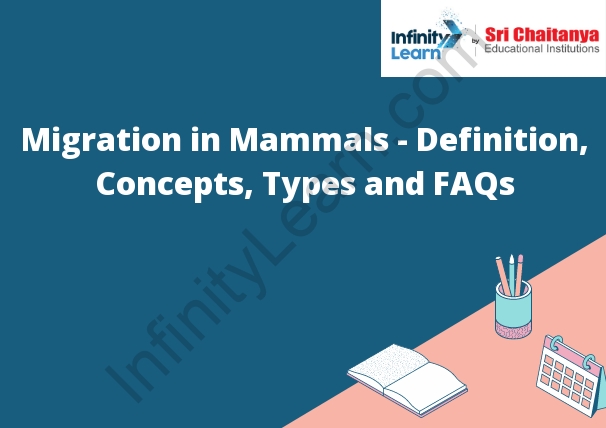Table of Contents
Definition of Migration
Migration is the process of moving from one place to another. People migrate for a variety of reasons, including to find work, to escape violence or persecution, or to reunite with family.

Concepts of Migration
and Immigration
There is no single, universally accepted definition of migration. However, one widely used definition is “the permanent or temporary change of residence by a person or group of persons”.
Migration can be voluntary or involuntary. Voluntary migration refers to people who choose to move, while involuntary migration refers to people who are forced to move, often due to conflict or persecution.
There are many reasons why people might migrate. Some people might move in search of better economic opportunities, while others might move in search of safety or to escape conflict or persecution.
Migration can have both positive and negative effects on individuals and communities. On the one hand, migration can bring new ideas and perspectives to a community, and can help to stimulate economic growth. On the other hand, migration can also lead to social and cultural tensions, and can put strain on resources such as housing and public services.
Types of Migrations in Mammals
There are three types of migrations in mammals:
1. Seasonal migration: Seasonal migration is the most common type of migration and refers to the movement of animals from one area to another based on the season. For example, many birds migrate to warmer climates in the winter.
2. Rotation migration: Rotation migration is the movement of animals between two areas that are close to each other. For example, many animals in the Serengeti National Park in Africa rotate between the park and the surrounding areas.
3. Migratory instinct: Migratory instinct is the innate urge to move from one place to another. For example, many birds migrate to warmer climates each winter because they are programmed to do so.
Mammals Migration
Migration is a behavior exhibited by many species of mammals, in which they move from one place to another, often seasonally. This can be done in response to changes in the environment, such as the availability of food, or to avoid harsh weather conditions.
Explain in detail :
In detail, the worker will be responsible for cleaning and maintaining the property. This may include tasks such as vacuuming, sweeping, mopping, dusting, and cleaning bathrooms and kitchens. The worker may also be responsible for laundry duties, such as washing linens and towels, and for taking out the trash.






